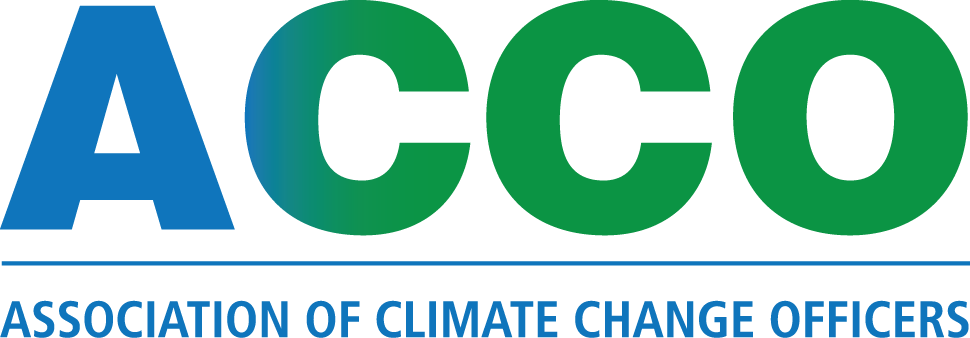Recap Report Published from the Colorado Communities Symposium
/On January 31 through February 2, 2018, more than 60 elected officials and city managers from across the state of Colorado joined Governor Hickenlooper, Lt. Gov. Donna Lynne, 6 cabinet members, senior staff from 10 state agencies and more than 350 other individuals from across the public and private sectors for the Colorado Communities Symposium. This report summarizes key themes and action items, as well as provides a set of next steps for interested parties.
Next Steps
- Over the next few weeks, state agency leaders and Compact members will convene to determine which action items detailed in this report will be prioritized and how they will be administered
- A call for proposals inviting other community leaders, non-profit organizations, higher education institutions and other third-parties to help administer and/or participate in a number of the proposed action items will be issued shortly
Key Themes
- Sustaining meaningful statewide and regional collaboration to include key non-governmental stakeholders
- Developing better data and decision-support tools that will enable sound local, regional and statewide action
- Needing solutions aimed at helping marginalized communities in both rural and urban parts of the state
- Establishing staffing and non-personnel resources that can be shared and leveraged by local government leaders
- Building public awareness and understanding of the implications of climate change and clean energy upon public health, economic vitality and security
- Effectively engaging communities of all demographics and ideologies
Overarching Action Items
- Establishing a program that facilitates rotation, detailing, lending and training of staff amongst local, regional and state agencies
- Developing recommendations for strategic economic development solutions that specifically help marginalized and underserved communities with issues such as poverty, broadband and public health and have the co-benefit of enhancing resilience or reducing energy/emissions
- Working with regionally focused organizations such as Progressive 15, Club 20 and Action 22 to facilitate multi-stakeholder dialogues and forge important new collaborations between state and local government leaders
- Helping communities aggregate their interests in procurement and/or financing of initiatives
- Offering toolkits with case studies, impacts, costs, economic data and sample policies
- Supporting entrepreneurship programs and centers
- Forming and supporting innovative funding options leveraging public and private sector sources to help communities implement solutions
- Building a template for economic risk modeling and scenario planning
- Standardizing a communication framework with resources that can be used to engage the general public
- Establishing a resource with job creation data (including regional downscales) related to clean transportation, energy efficiency, clean energy and water management initiatives.
- Standardizing economic impacts data with regional and sectoral downscales accounting for recent extreme events, climate change impacts already felt and climate change impacts under a 2 degrees scenario (consistent with the Paris agreement)
